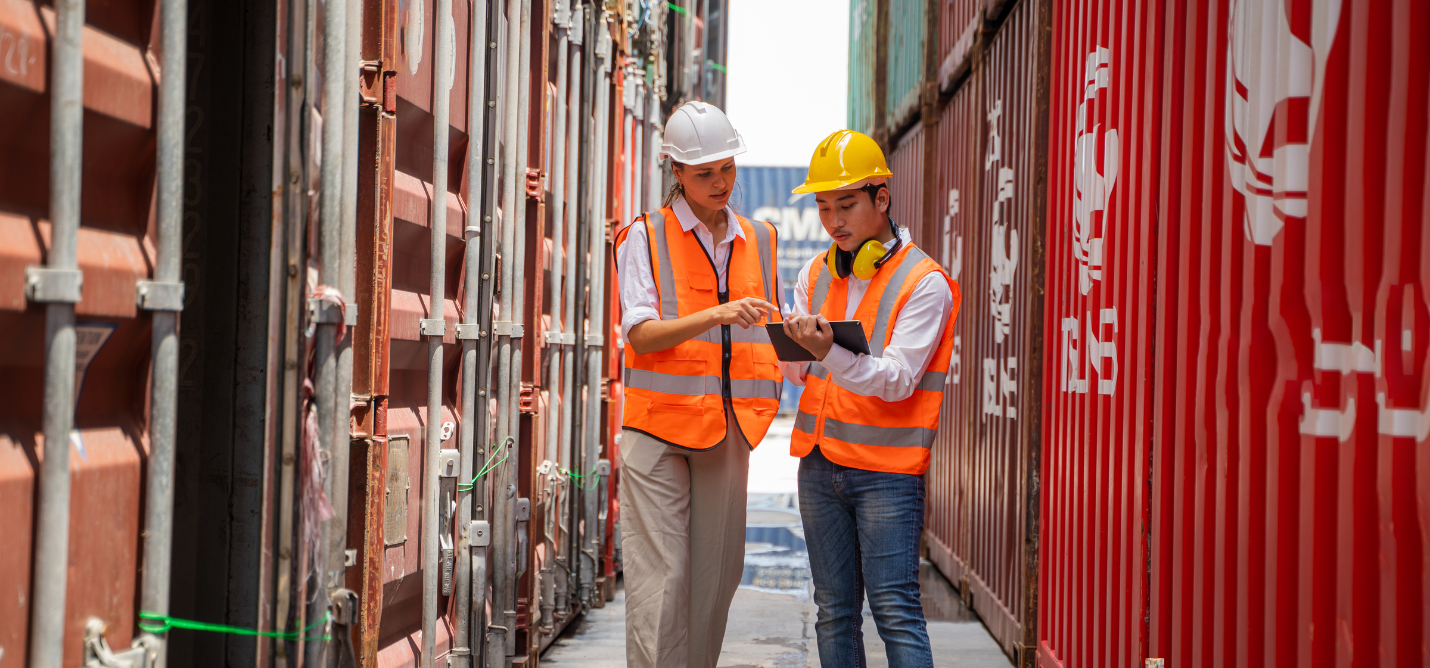
Freight forwarding plays a key role in global trade, but it often confuses newcomers due to the many technical terms used in shipping. Three of the most common terms in international trade are FCL (Full Container Load), DDP (Delivered Duty Paid), and CNF (Cost and Freight).
Understanding these shipping terms helps businesses make smarter logistics decisions. Each one affects the cost, delivery process, and the responsibilities of both buyers and sellers.
This guide explains the meaning of FCL, DDP, and CNF to help you choose the best option for your business.
1. FCL (Full Container Load) Shipping
FCL means that a single customer uses the entire container for their shipment. The container space is not shared with anyone else. This option suits large shipments or bulk goods that can fill a full container. It is also efficient for high-value products that require extra safety.
Key Features of FCL Shipping:
- Dedicated Space: Only one customer’s goods occupy the container.
- Lower Risk of Damage: Since there are no other products in the container, the risk of damage is minimal.
- Faster Transit: FCL shipments move faster because they skip the consolidation process required for LCL (Less than Container Load).
- Better Value for Large Loads: The shipping cost spreads across a larger quantity of goods, which makes it more cost-effective for big shipments.
When to Choose FCL:
FCL works best for businesses that ship large volumes or valuable goods. It saves time, enhances safety, and simplifies transportation from port to destination.
2. DDP (Delivered Duty Paid)
DDP shifts all shipping responsibilities and costs to the seller. The seller handles everything — from freight and insurance to import duties, taxes, and final delivery. In short, the buyer receives the goods at their door without dealing with customs or extra costs.
Key Features of DDP Services:
- Seller Handles Everything: The seller pays all shipping, insurance, and customs costs.
- No Hidden Costs for Buyers: Buyers know the total cost upfront. There are no surprise fees or clearance delays.
- Door-to-Door Delivery: The buyer receives goods directly at their address without any extra effort.
When to Choose DDP:
DDP suits buyers who prefer a hassle-free experience. It is ideal for new importers or small businesses that want a smooth process without managing customs or logistics.
3. CNF (Cost and Freight)
CNF, also called CFR (Cost and Freight), divides responsibility between the seller and the buyer. The seller covers transportation costs up to the destination port. Once the goods arrive, the buyer manages customs clearance, import duties, and final delivery.
Key Features of CNF Shipping:
- Seller Pays Freight to Destination Port: The seller manages and pays for ocean freight to the buyer’s port.
- Buyer Manages Customs and Delivery: After arrival, the buyer handles insurance, clearance, and delivery from the port.
- Port-to-Port Service: The seller’s job ends when the goods reach the destination port.
When to Choose CNF:
CNF is a great choice for experienced importers. Buyers who understand local customs procedures and have logistics partners at the destination can save money with this option.
Comparing FCL, DDP, and CNF
| Term | Seller’s Responsibility | Buyer’s Responsibility | Best For |
|---|---|---|---|
| FCL (Full Container Load) | Provides and pays for the container and transport | N/A | Businesses shipping large or high-value goods |
| DDP (Delivered Duty Paid) | Pays for shipping, duties, taxes, and full delivery | Receives goods at their door | Buyers who want a worry-free process |
| CNF (Cost and Freight) | Pays for transport to destination port | Handles customs, insurance, and local delivery | Buyers with customs experience and logistics support |
Conclusion: Choosing the Right Shipping Term
Knowing the difference between FCL, DDP, and CNF helps you make the right decision for your business.
- Choose FCL if you ship in bulk or need a full container.
- Go for DDP if you want a stress-free delivery with no hidden costs.
- Pick CNF if you can manage customs and delivery at your end.
Each option has unique benefits depending on your shipment size, budget, and experience.
YIWU AL FAJAR SHIPPING & LOGISTICS
At YIWU AL FAJAR SHIPPING & LOGISTICS, our experts guide you through every step of the shipping process. We help you select the most efficient and cost-effective option — whether FCL, DDP, or CNF.
Our goal is to simplify your logistics, reduce shipping costs, and ensure smooth international trade.
Contact us today to learn more about our shipping solutions and make your global trade operations faster, safer, and more efficient.

